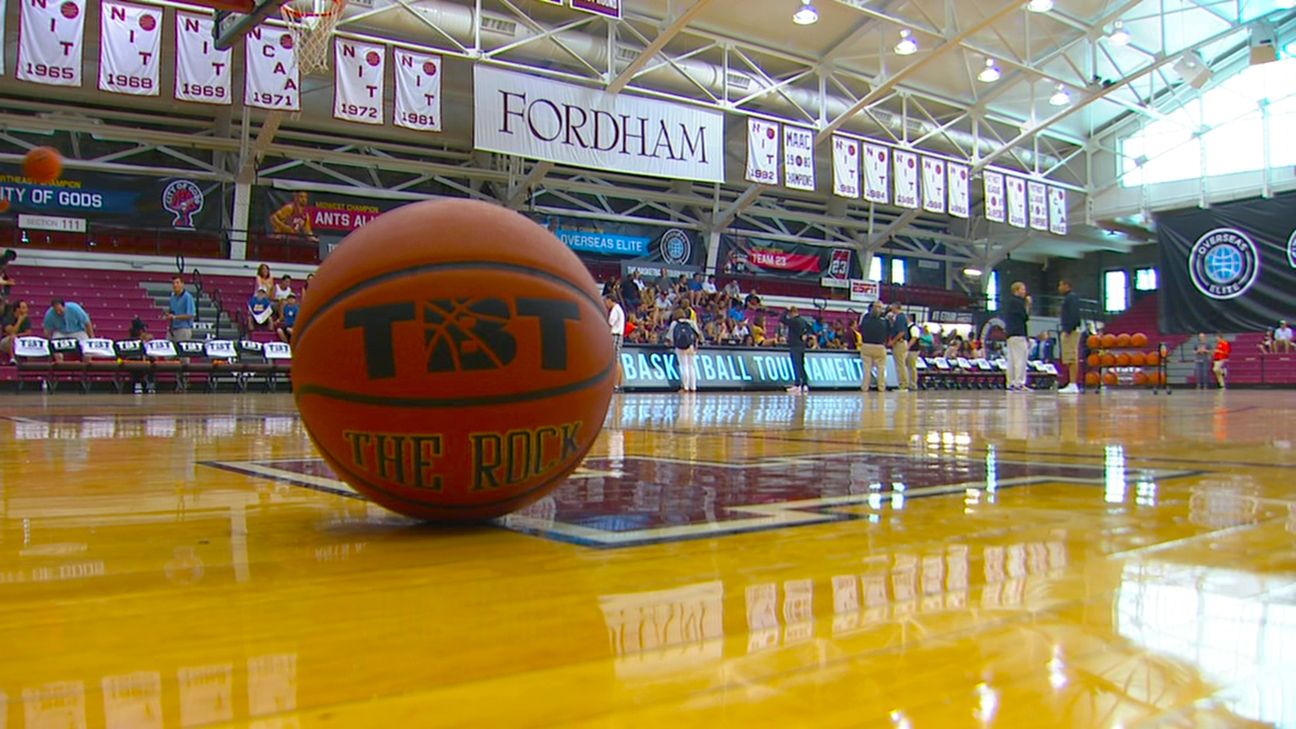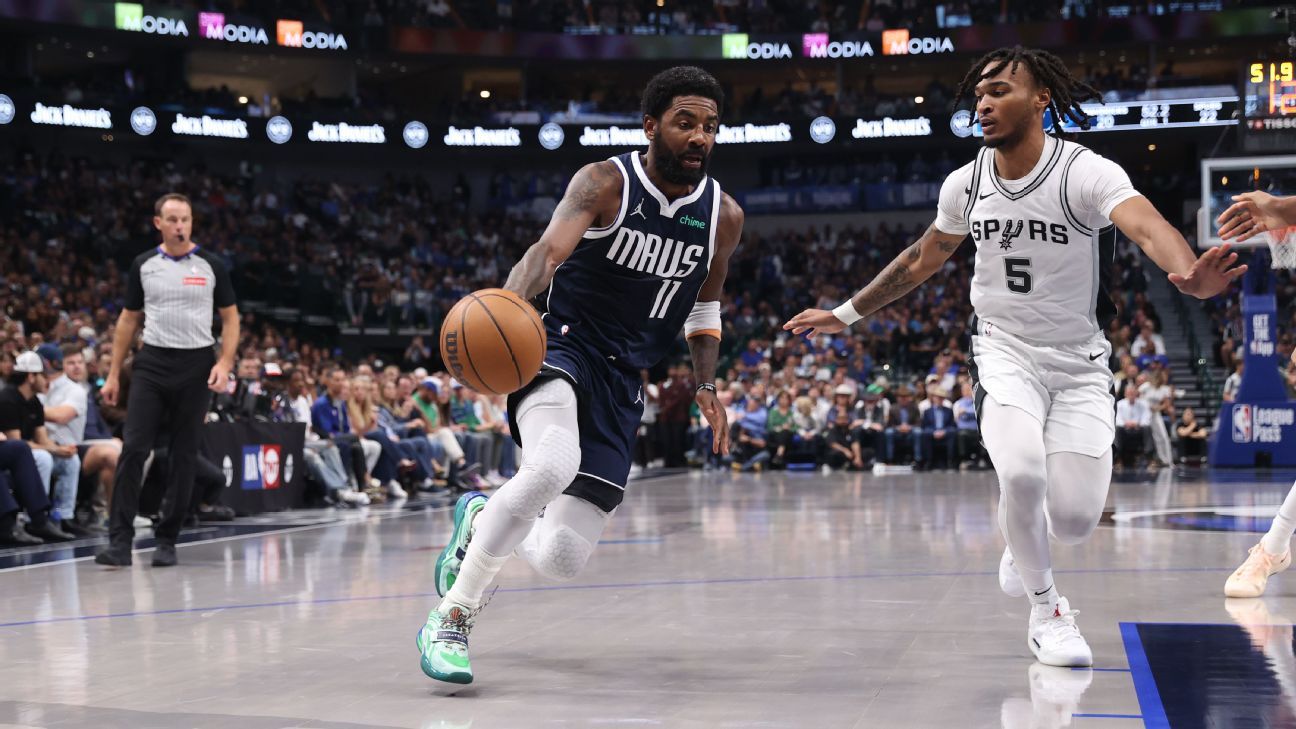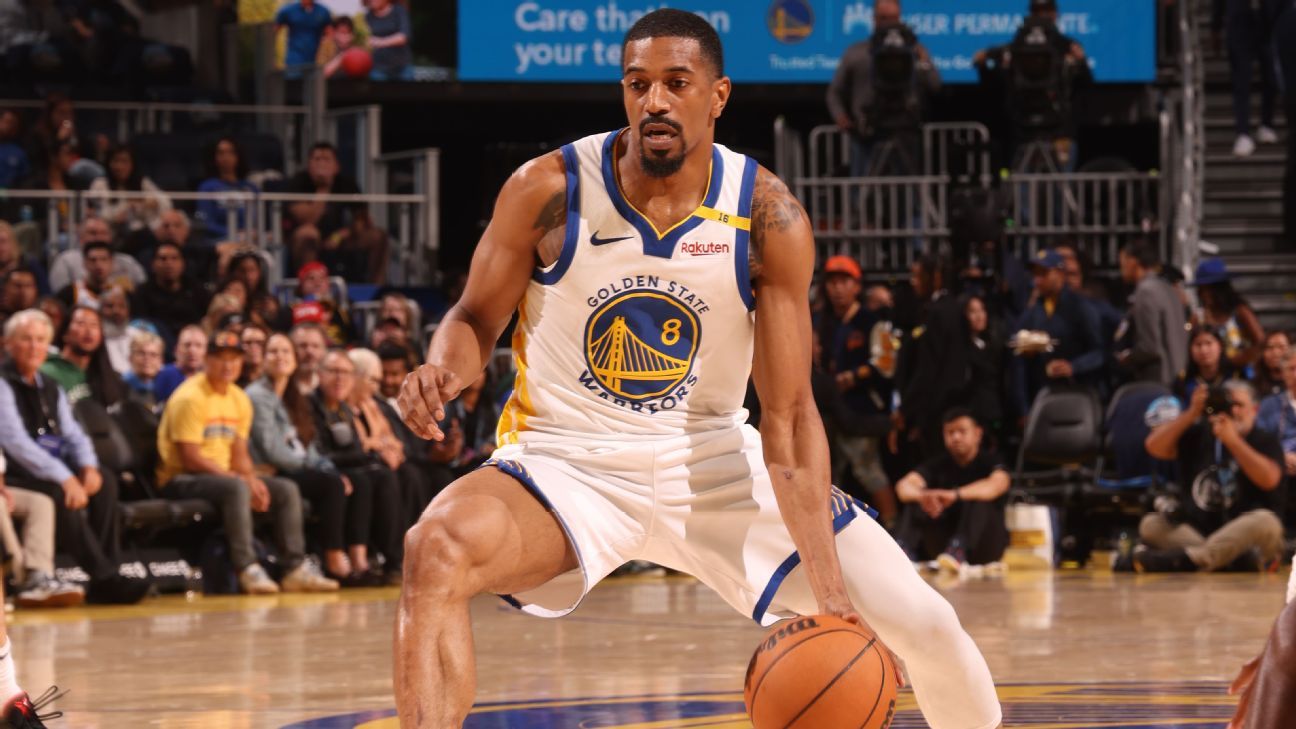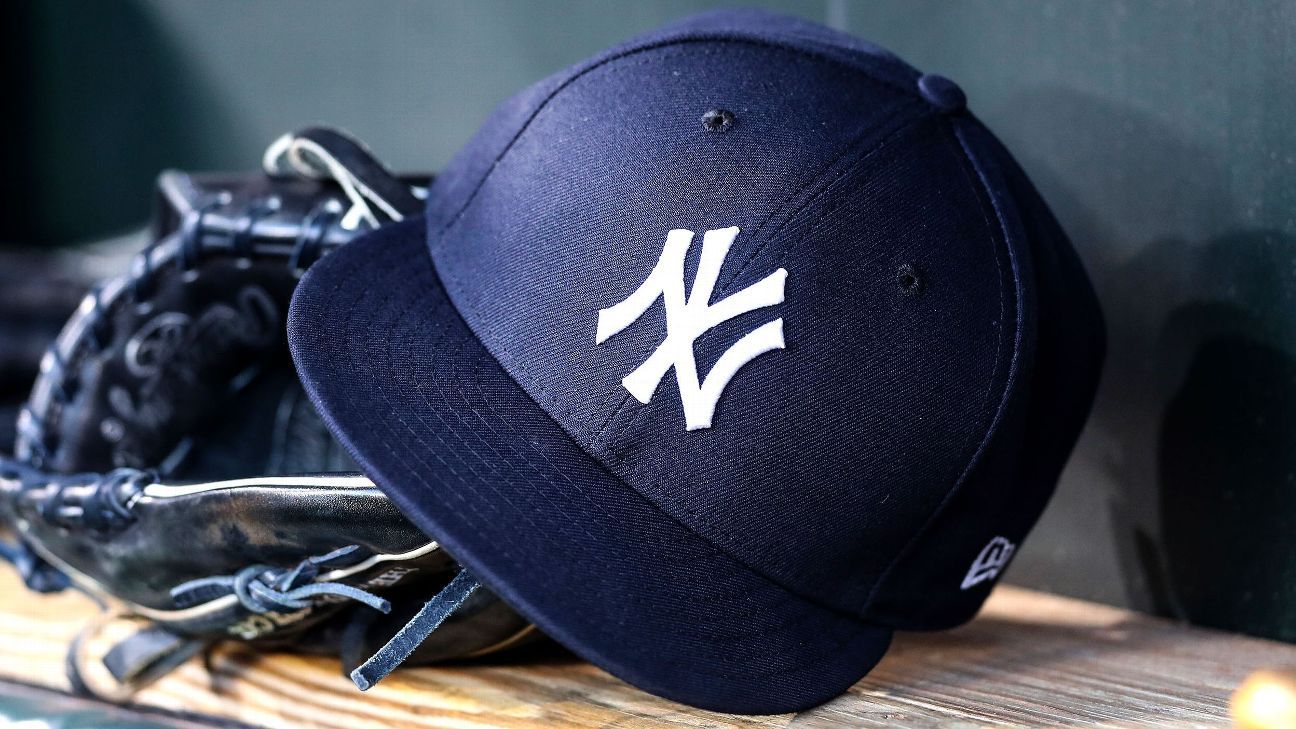
The Basketball Tournament, the 64-team, $2 million, winner-take-all summer event entering its seventh season, will change its rules to reduce the chances of a game ending on free throws, tournament officials told ESPN.
If a team commits a foul while in the bonus during the Elam Ending -- which has teams play to a target score rather than to the end of a clock -- the other team will get only one foul shot, rather than two, and retain possession of the ball, said Jonathan Mugar, TBT's founder and CEO.
The change comes after the NBA used a version of the Elam Ending for the 2020 All-Star Game in Chicago, which ended when Anthony Davis sank a free throw to take Team LeBron to the target score.
The main goal of the Elam Ending, created by Ball State professor Nick Elam, was to eliminate intentional fouls by teams trailing down the stretch. Elam got the idea for the new tweak from a user he interacted with on a message board as he developed his original proposal, Mugar said.
The adjustment reduces the incentive for defensive teams to foul in one specific situation: when they are within one or two of the target score and the team with the ball is three points away from the target score. Under the old Elam Ending system, the defensive team had incentive to foul to prevent a potential game-winning 3-pointer and then get the ball with a chance to win. Under the new system, the fouled team would get one free throw to potentially pull within two of the target score and get the ball back with a chance to win.
A total of 22.8% of TBT games -- 33 out of 145 -- have ended on free throws since it adopted the Elam Ending, Mugar said.
For the All-Star Game, the NBA calculated the target score by adding 24 -- Kobe Bryant's last uniform number for the Los Angeles Lakers -- to the leading team's total after three quarters and played the entire fourth quarter without a clock. Team LeBron defeated Team Giannis 157-155 after a fourth quarter that lasted 15 minutes in game time but almost 40 minutes in real time.
The Basketball Tournament has been using a target score instead of a clock to end games since 2017. The TBT's target score is calculated by adding eight points to the leading team's score at the first stoppage inside the four-minute mark of the fourth quarter.
The Big 3, a summer 3-on-3 league co-founded by Ice Cube, has also used a target score since 2017.
The response to the ending format at the All-Star Game in Chicago was mostly positive. Byron Spruell, the NBA's president of league operations, told ESPN three days later that it was a "good assumption" the league would use a variation of the Elam Ending at next season's All-Star Game. He also said the league would discuss using it in a midseason tournament should the NBA board of governors approve commissioner Adam Silver's proposal for one. Spruell cautioned that the league at this point is unlikely to adopt the target score rule for the G League.
Spruell told ESPN that the NBA was already thinking of ways to make it less likely for a team to win the All-Star Game on free throws. Those include taking points away from a defensive team that commits a foul on a potential game-winning possession -- rather than awarding points for foul shots -- or forcing the player who commits the foul to be substituted out, Spruell said.














 Phone: (800) 737. 6040
Phone: (800) 737. 6040 Fax: (800) 825 5558
Fax: (800) 825 5558 Website:
Website:  Email:
Email: 






